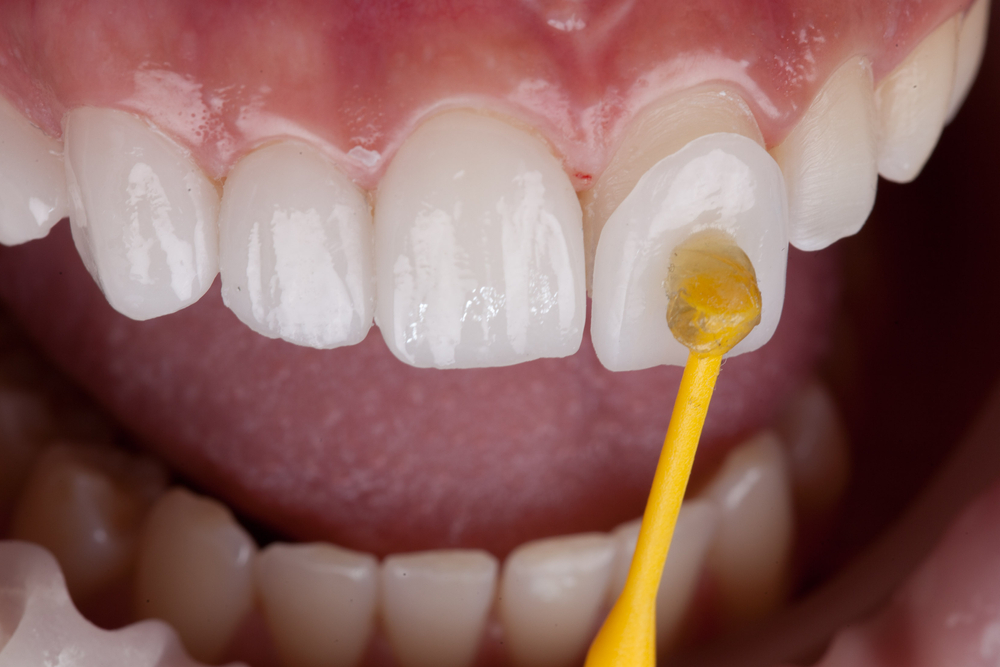Did you know that your smile could be the window to your heart? It’s true! In recent years, medical and dental researchers have found fascinating links between oral health and heart disease. That’s right; taking good care of your pearly whites might just be as critical for your ticker as it is for your teeth.
In this installment of the Smile Science blog, we’ll be diving into this intriguing connection. We’ll explore what constitutes good oral health, how certain oral problems might influence heart health, and what you can do to keep both your mouth and heart in top shape. Let’s get started!
Understanding Oral Health

Good oral health means more than just a bright, white smile. It involves everything in your mouth, from your teeth and gums to your tongue and the roof of your mouth. Maintaining a clean mouth, free from infections, injuries, or other problems, is the cornerstone of oral health.
However, even with our best efforts, some oral health problems can creep up, potentially affecting not just our mouths but our hearts too. These include common issues like cavities and gum disease, as well as more severe conditions like oral infections.
For instance, gum disease, or periodontitis, is an infection of the tissues that hold your teeth in place. It’s primarily caused by poor brushing and flossing habits that allow plaque—a sticky film of bacteria—to build up on the teeth and harden.
So, why are we so worried about these oral health issues? Well, studies suggest that they might be linked to heart disease, making your dental hygiene routine more important than ever. But don’t worry! We’ll delve into this in more detail as we go along.
The Link between Oral Health and Heart Disease

It might seem strange that your oral health could impact your heart, but a growing body of research suggests just that. Several studies indicate that those with gum disease (periodontitis) often have the same risk factors as those with heart disease. Fascinating, right?
But how does it happen? Well, the theory is that inflammation in the mouth caused by gum disease can lead to inflammation in the blood vessels. This increases the risk of heart disease since inflamed blood vessels allow less blood to travel between the heart and the rest of the body, raising blood pressure.
Additionally, the bacteria in your mouth caused by poor oral health can enter your bloodstream, attaching to certain areas and causing inflammation and diseases like endocarditis, an infection of the inner lining of the heart.
Medical and dental professionals agree that while more research is needed to fully understand the link, the connection between oral health and heart disease can’t be denied. It emphasizes the importance of good oral hygiene not only for maintaining a healthy mouth but also for protecting heart health.
Oral Health and Heart Disease: Symptoms to Watch For

If you’re wondering what symptoms might indicate a connection between your oral health and heart health, we’ve got you covered.
On the oral health side, symptoms such as swollen, red, tender, or bleeding gums, persistent bad breath, loose or separating teeth, or a change in bite might be signs of periodontitis, which could be linked to heart disease.
As for heart health symptoms, you might not expect some of them to be connected to oral health. However, conditions like angina (chest pain), shortness of breath, and other symptoms of heart disease may be related, especially if you have ongoing, untreated oral health issues.
While these symptoms can indeed be alarming, remember that early detection is key, and both oral health problems and heart disease are treatable. So don’t panic! Instead, reach out to a healthcare professional who can guide you on the next steps.
Studying the Link Between Oral Health and Heart Disease
Did you know that the top cause of death in developed countries is a heart disease called atherosclerotic cardiovascular disease (ACVD)? It’s a mouthful, we know! ACVD is a tricky condition that can be influenced by many different things – like inflammation in our bodies and even gum disease!
This might sound surprising, but scientists have been studying this connection for a while now. A group of researchers took a deep dive into a bunch of studies published up to 2017 to see how treating gum disease can affect ACVD.
Here’s what they found: Out of ten studies, treating gum disease was shown to reduce levels of certain markers linked to heart disease in most of them! These markers include things like C-reactive protein (which dropped in about 78% of studies), tumor necrosis factor-alpha (dropped in about 67% of studies), interleukin-6 (dropped in all studies), and leukocytes (dropped in 50% of studies). Fibrinogen, another marker, also showed considerable improvement (about 67% of studies). But when it comes to fats (or lipids) in our blood, only two types – oxidized low density lipoprotein and very low density lipoprotein cholesterol – decreased significantly.
The researchers did a fancy statistical thing called a “meta-analysis” and found that patients who had non-surgical gum treatment had a significant drop in levels of C-reactive protein and leukocytes compared to those who didn’t have any treatment. This is good news for our hearts!
In conclusion, taking care of our gums seems to help our hearts! But we need more studies with longer follow-ups to see just how much of an impact it can make. So, until then, don’t forget to brush, floss, and see your dentist regularly! It’s not just about a bright smile, but a happy heart too.
Prevention and Care

The first step towards a healthy heart could start right in your mouth. Regular brushing (at least twice a day), flossing daily, and using a mouthwash can help keep your mouth bacteria-free and reduce the risk of gum disease, which may lead to heart disease.
Seeing your dentist regularly is also crucial. These professionals can spot early signs of gum disease that you might miss at home. They can provide treatments to manage the condition and prevent it from worsening, which can also help protect your heart.
Your diet and lifestyle play a significant role too. Consuming a balanced diet, rich in fruits, vegetables, lean proteins, and low-fat dairy products, can boost both your oral and heart health. Regular exercise and avoiding habits like smoking can further reduce risks.
Conclusion
As we’ve seen, there’s more to your oral health than just a bright smile. Your oral hygiene can be a window to your overall health, particularly your heart. As research continues to unravel the complex connections between oral health and heart disease, one thing remains clear: taking care of your mouth is an essential step towards maintaining a healthy heart.
We encourage you not to overlook any oral symptoms and consult with your dentist and healthcare provider to keep both your mouth and heart in the best shape.
References and Further Reading
- Oral health and all-cause, cardiovascular disease, and respiratory mortality in older people in the UK and USA – Sci Rep.
- Oral health and atherosclerotic cardiovascular disease: A review – Am J Prev Cardiol.
- Periodontal treatment on patients with cardiovascular disease: Systematic review and meta-analysis – Med Oral Patol Oral Cir Bucal.
- Oral health in adults with coronary artery disease and its risk factors: a comparative study using the Korea National Health and Nutrition Examination Survey data – BMC Cardiovasc Disord.






